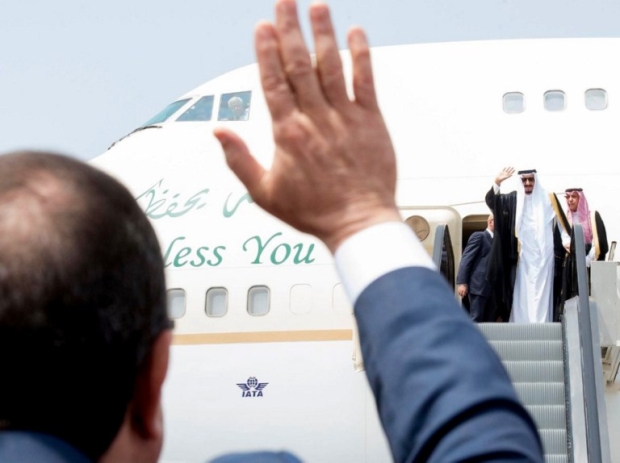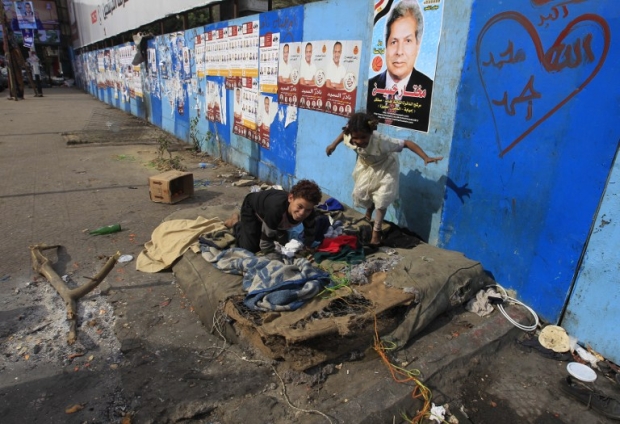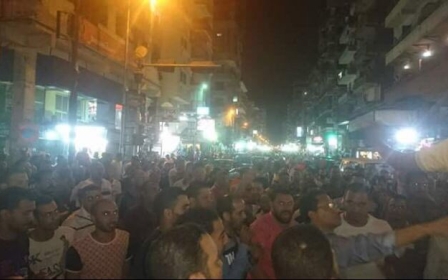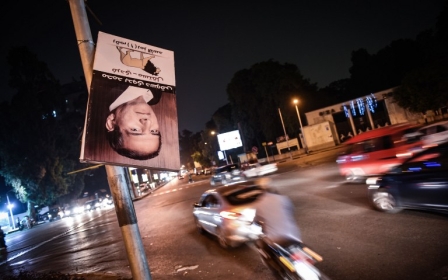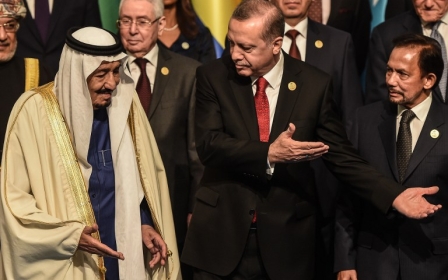The case of the disappearing money - or how Egypt descended into economic crisis
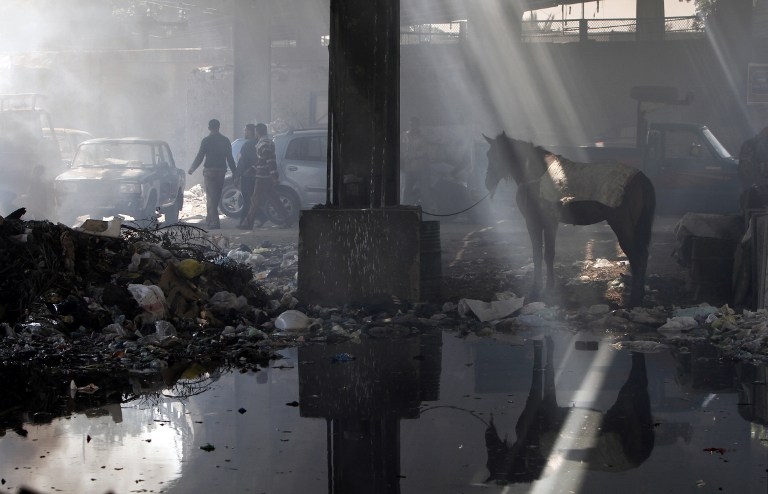
Egypt's pound crisis is only a symptom of the economic crisis now hitting the country. And the worst of it is the pound has yet to hit its lowest level.
This astronomical sum could have been used to develop the country. Instead, it has built prisons, subdued demonstrations and encouraged corruption
All signs from Egypt suggest that the collapse is going to deepen which will have dangerous repercussions on the living conditions for Egyptians as the price of basic products rises insanely.
The only reason Egypt voted in Russia's favour at the UN Security Council last week is its financial mess. With Russia supporting Iran against Saudi Arabia, Egypt wanted to highlight that it could potentially ally with Iran and Russia if the financial assistance from the Gulf states stopped.
Maybe, went the Egyptian attitude, Saudi Arabia could be pressured to pay more money and provide more assistance.
And really, in its current situation, Egypt can do nothing else but exert this kind of pressure as the severity of its economic crisis is much larger than most people imagine. Egypt has no other choice.
The situation was aggravated after the military coup executed by General Abdel Fattah al-Sisi on 3 July 2013. The coup had been expected to lead to a comprehensive and quick economic collapse, but the Gulf states hastened to provide financial support in the form of foreign currency to maintain the new regime.
So the collapse has gathered momentum since the end of 2015, when the Gulf countries stopped their direct financial aid.
If you follow the money from 2011 until now, it is clear that Egyptians have paid and continue to pay the price of political upheaval.
Follow the money
On 11 February 2011, when the military council took power, a US dollar was equivalent to 5.8 Egyptian pounds, while a US dollar is now more than 15 pounds. In other words, in the past five years, the pound lost 70 percent of its value.
On the day of the July 2013 military coup, a US dollar was at 6.9 pounds, which means that part of the decrease happened as a result of the military council coming to power. But the major collapse took place after the coup, along with the hopes of a democratic, civil and modern state with a free market in Egypt.
Back to 11 February 2011: the Central Bank held reserves in foreign currencies totalling $36bn at the time. By this August, the reserve hit the lowest level in Egyptian history at $5.15bn. This raises an important question: where did the Egyptian people’s money go? And who raided the vaults of the central bank?
Since the middle of 2013, Egypt has been receiving currency assistance from the Gulf states which is believed to have reached $50bn. This means that the Egyptian regime has swallowed not only billions of dollars of assistance but also $20.5bn that had been sitting in the central bank reserves in Cairo.
From these official figures issued by the Egyptian Central Bank, we can conclude that Sisi regime has taken over $50bn in foreign assistance, $20bn of the country’s currency reserves, and $21bn in money borrowed from outside Egypt.
Or put another way, the military council's takeover, the army's deployment on the streets in 2011 and the subsequent coup cost Egyptians more than $91bn. This astronomical sum could have been used to develop the country and activate its economy. Instead, it has built prisons, subdued demonstrations, strengthened the security hold on the country, and encouraged corruption.
More Egyptians will live in poverty
Alongside the disappearing money, the tourism sector has collapsed, further aggravating Egypt's economic crisis. Regardless of the reasons behind this sector’s collapse, it had accounted for between 7 and 11 percent of GDP.
Egypt's crisis has led to the loss of the value of the Egyptian pound by more than 40 percent during this year and 70 percent over the past five years
According to official data from the State Information Service (SIS), 20 percent of the foreign currency influx into Egypt comes from this sector, which means that the breakdown of the industry is the major cause of the dollar crisis that Egypt is enduring.
Given these variables, the Egyptian Central Bank has two options, and it will be forced to implement one of them. First choice: float the pound, the option the International Monetary Fund is calling for. This choice will leave one US dollar equivalent to between 20 and 22 pounds, and the pound could fall further as people will try to maintain their savings by ditching their pounds and keeping hard currencies.
Egypt's deep and serious economic crisis has led to the loss of the value of the Egyptian pound by more than 40 percent during this year alone and 70 percent over the past five years. Commodity prices will necessarily increase, leaving more Egyptians living below the poverty line.
Overcoming the crisis requires the Egyptian economy to return to its normal track. Military control over the economy and politics must stop, corruption must be fought, financial and business sectors returned to their normal behaviour and civilian life renewed, allowing the stuck economic and political wheels to turn once again.
- Mohammad Ayesh is an Arab journalist currently based in London.
The views expressed in this article belong to the author and do not necessarily reflect the editorial policy of Middle East Eye.
Photo: Egyptians walk past a horse tied to a column at a Cairo slum on 17 March 2011 (AFP)
New MEE newsletter: Jerusalem Dispatch
Sign up to get the latest insights and analysis on Israel-Palestine, alongside Turkey Unpacked and other MEE newsletters
Middle East Eye delivers independent and unrivalled coverage and analysis of the Middle East, North Africa and beyond. To learn more about republishing this content and the associated fees, please fill out this form. More about MEE can be found here.



